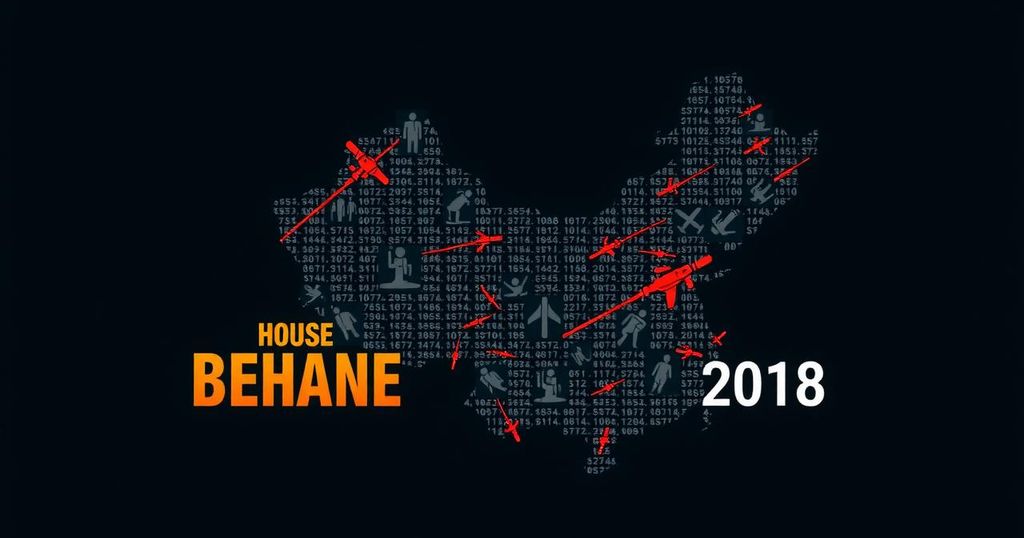U.S. Research Funding and Its Impact on Chinese Military Advancements, House Republicans Report
A House committee report claims U.S. research funding has aided Chinese military technology advancements and advocates for stricter guidelines on academic collaborations between U.S. and Chinese institutions. Notable cases involve Berkeley and Georgia Tech terminating their joint institutes in response to these concerns.
A recent report from a House committee dedicated to addressing threats from China has raised alarms regarding the impact of U.S. federal research funding on enhancing Chinese military technology. The report, released on Monday by Republican members of the House Select Committee on the Chinese Communist Party and the House Committee on Education and the Workforce, asserts that partnerships between U.S. researchers and Chinese institutions have significantly contributed to advancements in crucial military applications, including hypersonic weapons, nuclear capabilities, artificial intelligence, and advanced semiconductor technologies. The committee argues that these collaborations could reshape the strategic landscape in potential future confrontations between the two nations. To mitigate such risks, the report advocates for the establishment of more stringent guidelines surrounding federally funded research. The recommendations include limiting the involvement of U.S. researchers in projects with Chinese universities and companies that maintain military affiliations. A portion of the report scrutinizes various joint research institutes established between American and Chinese universities. Notably, the University of California, Berkeley, and the Georgia Institute of Technology have been highlighted for their collaborations with Chinese counterparts. In response to the report, Berkeley has announced its decision to terminate its association with one such institute, citing concerns over the lack of transparency regarding research activities. Similarly, Georgia Tech has indicated its intention to withdraw from its joint program, attributing the decision to the designation of its Chinese partner on a restricted U.S. trade list, which compromised the feasibility of the collaboration.
The intersection of U.S. research funding and Chinese military technology has emerged as a pressing issue in the context of national security. With intensifying global competition, particularly regarding military advancement and technological supremacy, U.S. lawmakers are becoming increasingly wary of how collaborative efforts with foreign institutions may inadvertently bolster rival capabilities. The concerns stem from a broader fear of espionage and intellectual property theft, as well as the implications of shared knowledge in sensitive fields that could enhance adversarial military technology. This backdrop has prompted calls for heightened scrutiny and regulation of international research partnerships, especially those involving nations perceived as strategic competitors such as China.
The findings of the congressional report underscore significant concerns regarding the potential ramifications of U.S. research funding assisting in the development of Chinese military technologies. With evidence suggesting that collaborative efforts between American and Chinese institutions have yielded advancements that may affect U.S. national security interests, there is a growing imperative for stricter regulations governing such partnerships. The actions taken by institutions like the University of California, Berkeley, and the Georgia Institute of Technology reflect a broader recognition of these challenges and a commitment to safeguarding U.S. innovations from foreign exploitation.
Original Source: www.nytimes.com








Post Comment